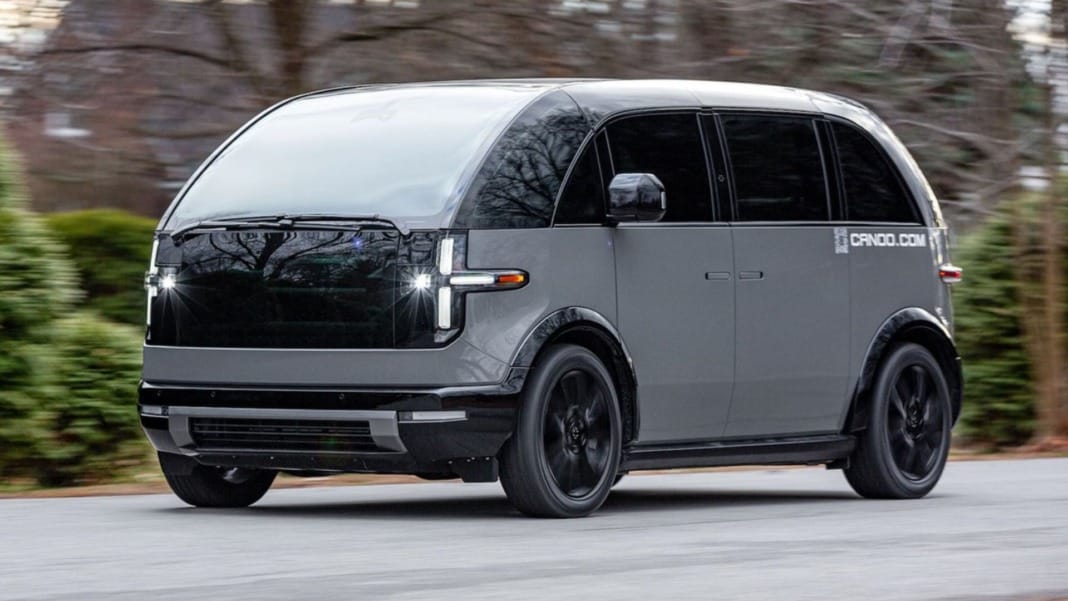Electric vehicle (EV) startup Canoo, founded seven years ago, has filed for bankruptcy under Chapter 7 in the Delaware Bankruptcy Court. Once seen as a promising player in the EV market, the company announced on Friday that it will immediately cease operations and begin liquidating its assets.
NEWS: EV startup Canoo has officially filed for bankruptcy and will cease operations. pic.twitter.com/UbnsWhzASD
— Sawyer Merritt (@SawyerMerritt) January 18, 2025
Canoo disclosed that it had been in talks with foreign investors but could not secure the necessary funding. Efforts to obtain financial backing from the U.S. Department of Energy’s Loan Program Office also fell short. As a result, the company reported liabilities ranging from US$10 million to US$50 million but listed less than US$50,000 in assets.
This announcement follows a challenging year for Canoo. The company furloughed its remaining employees in recent weeks and halted production at its Oklahoma facility. By mid-November, Canoo’s financial situation had deteriorated to just US$700,000 in available funds.
Rise and fall of an ambitious EV player
Canoo’s journey began in 2017 when former executives from EV startup Faraday Future formed the company. Initially called Evelozcity, Canoo aimed to revolutionise the EV industry with modular vehicle designs and cutting-edge technology like steer-by-wire systems.
The company went public in December 2020 after merging with SPAC Hennessy Capital Acquisition Corp., raising $600 million. Over the years, Canoo produced a limited number of its distinctive, bubble-shaped electric vans, tested by notable partners such as NASA, the Department of Defense, and the United States Postal Service.
In 2022, Walmart expressed interest in purchasing up to 10,000 Canoo’s EVs. However, the agreement was non-binding, offering minimal risk for the retail giant while failing to secure long-term stability for Canoo.
In 2024, the startup also acquired assets from Arrival, another struggling EV company, though it remains unclear whether those resources were ever effectively used.
Leadership changes and strategic pivots
Tony Aquila, a serial entrepreneur and Canoo investor, became chairman and CEO after the company went public. Under his leadership, the company shifted its focus from consumer sales to commercial fleet customers. However, this strategy frequently changed its operational plans, including oscillating decisions on manufacturing its vehicles in-house or outsourcing production.
Despite plans to move its headquarters to Bentonville, Arkansas, Canoo eventually concentrated on setting up manufacturing facilities in Oklahoma. Aquila’s financial firm played a significant role in keeping Canoo afloat, loaning it millions to sustain operations. However, the loans were secured by priority claims on Canoo’s assets, further complicating its financial stability.
Final days of Canoo
Signs of trouble emerged in recent weeks. Employees on furlough reported receiving official termination notices, and some customers who had placed $100 deposits for consumer vehicles received refunds. Additionally, the company’s billboard outside its Texas office was removed.
Canoo’s bankruptcy follows a growing list of EV startups that have struggled to survive after going public via SPAC mergers, including Electric Last Mile Solutions, Lordstown Motors, Proterra, and Fisker.
With Canoo’s closure, the EV industry is faced with a stark reminder of the challenges that new entrants encounter in the competitive and capital-intensive market.





